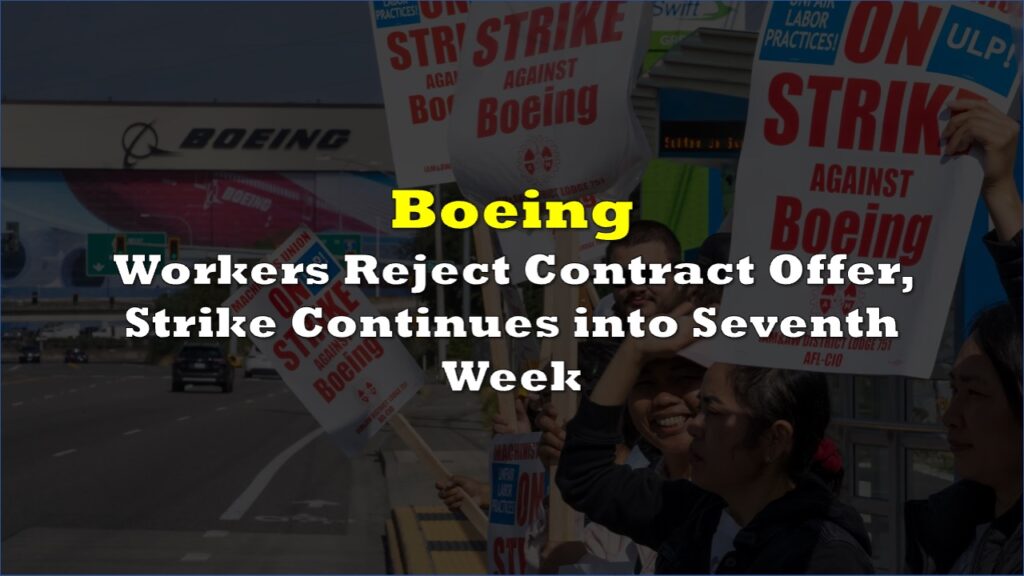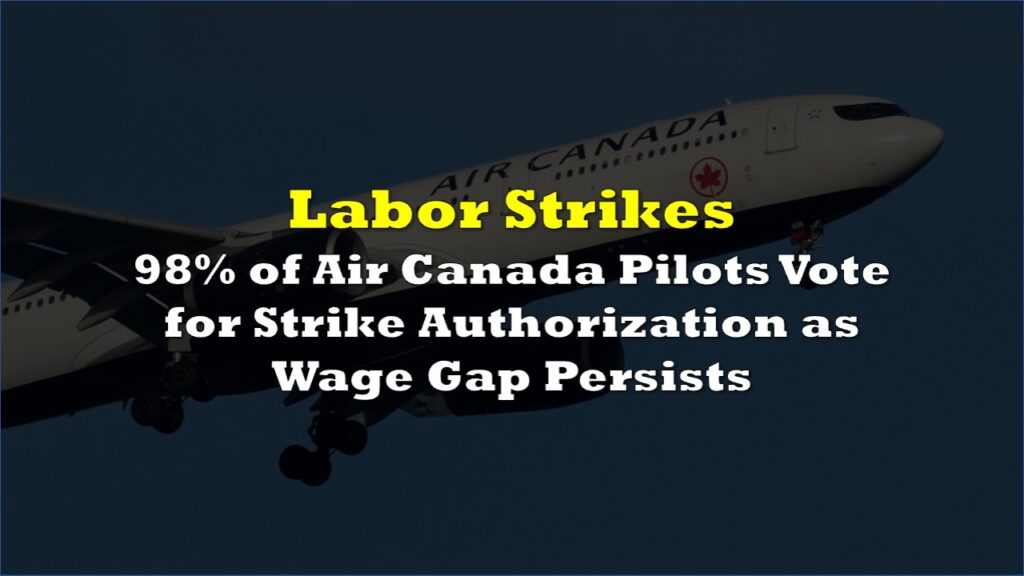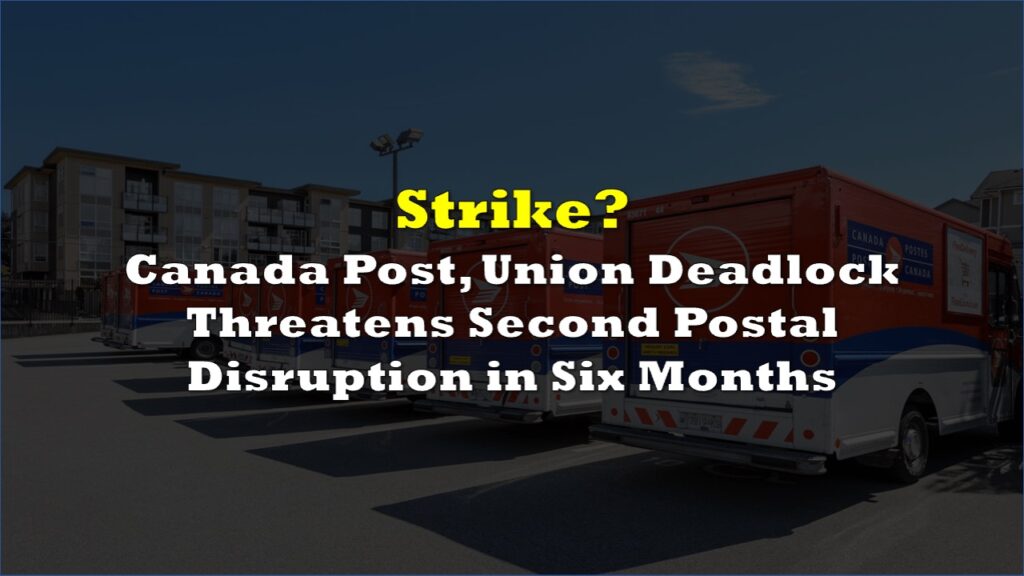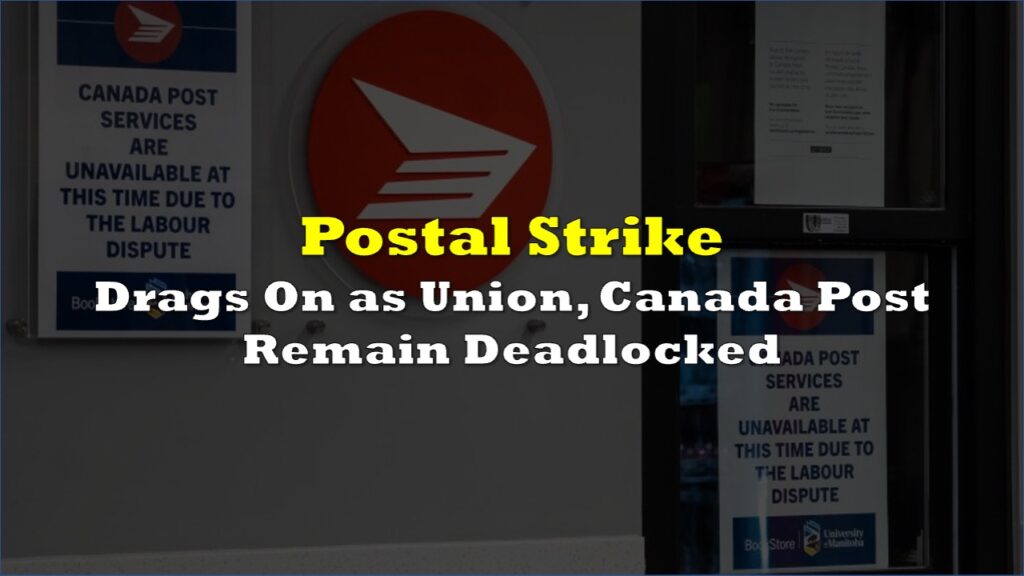Canada’s federal government ordered an immediate end to work stoppages at major ports in British Columbia and Quebec on Tuesday, imposing binding arbitration that sparked immediate pushback from labor unions.
Labor Minister Steve MacKinnon directed the Canada Industrial Relations Board (CIRB) to resume operations at all affected ports, citing daily disruptions to more than C$1.2 billion in trade flows. The Vancouver Board of Trade estimates direct disruptions have already reached C$6.1 billion.
Canadians ”have limited tolerance for economic self-harm,” MacKinnon told reporters in Ottawa, defending the government’s second use of binding arbitration to end a major labor dispute this year, following similar intervention in a railway strike in August.
The order affects locked-out workers at British Columbia ports and the Port of Montreal, where workers began strike action Sunday night. It also includes longshoremen at the Port of Quebec, who have been locked out for over two years.
Labor unions immediately challenged the decision. The BC dockworkers union announced plans to contest the order, while Quebec’s dock workers called it “a dark day for workers’ rights.” Both unions argue the move violates constitutional collective bargaining rights.
Opposition leader Jagmeet Singh accused Prime Minister Justin Trudeau’s Liberal government of favoring corporate interests over workers’ rights, arguing that “the only place to get a fair deal is at the bargaining table.”
The Maritime Employers Association in Montreal and the B.C. Maritime Employers Association both welcomed the intervention.
Port workers’ demands include improved scheduling, job security, and wage increases to match rising living costs. B.C. dock workers are also seeking guaranteed minimum staffing levels amid increasing port automation.
The Canadian Chamber of Commerce called the simultaneous closure of Canada’s two largest ports a “perfect storm” for businesses, with small and medium-sized enterprises likely to bear the heaviest impact.
MacKinnon said operations should resume within days, though he acknowledged arbitrated settlements may be less durable than negotiated agreements.
Information for this story was found via the sources and companies mentioned. The author has no securities or affiliations related to the organizations discussed. Not a recommendation to buy or sell. Always do additional research and consult a professional before purchasing a security. The author holds no licenses.









